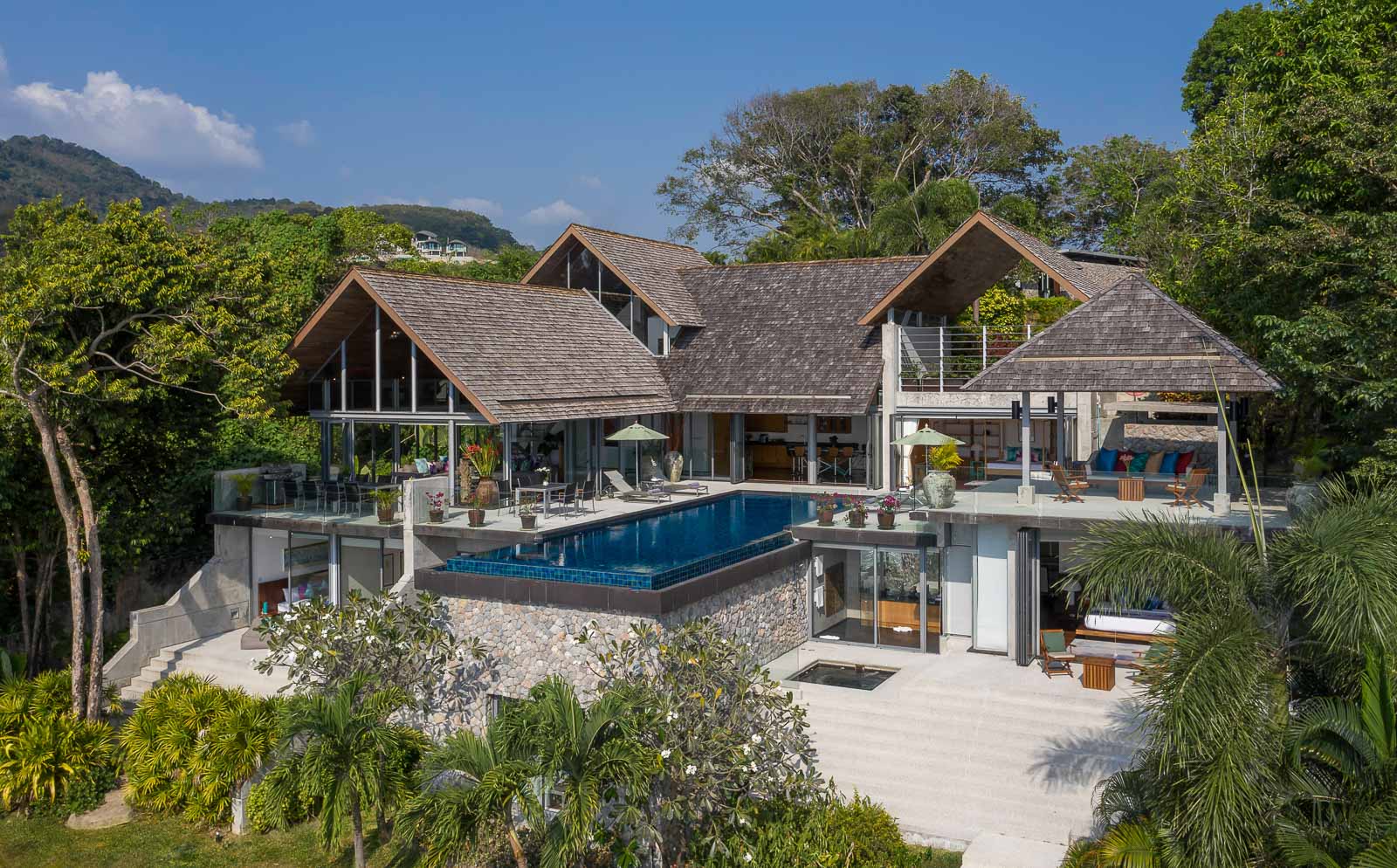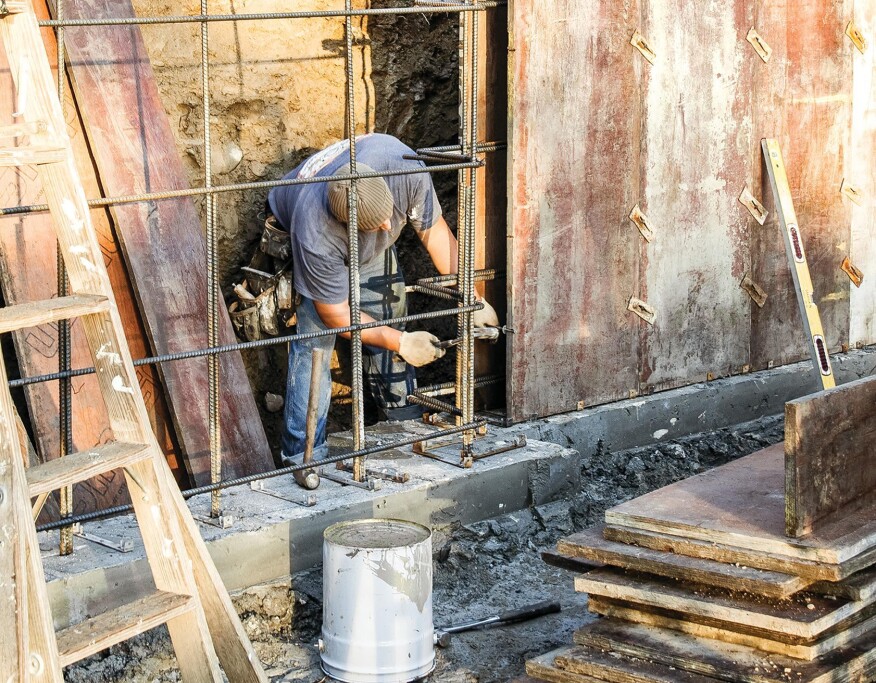Are you considering purchasing a real estate in Phuket? If so, it’s important to understand that foreigners can buy and own property in Phuket through various ownership structures and land titles. The process is relatively straightforward and not as complex as it may seem.
According to Thai property law, foreigners must abide by three rules:
- Foreigners are not allowed to own land in Thailand. However, they can own and control buildings and structures situated on a plot of land.
- Foreigners can purchase condominium units and have their names registered on the title deeds, also known as Chanote.
- Foreigners can buy leasehold properties.
Each form of ownership has its advantages and disadvantages, which should be carefully considered to determine the most suitable option based on your purchasing objectives and long-term goals.
Let’s explore these ownership options in more detail and examine the different ways in which a foreign buyer can own a property in Phuket.

Buying a Condo
A condominium, or condo, is a multi-unit building where individuals own their units and share ownership of common areas with other unit owners.
While Thai property law prohibits foreigners from owning land, they are allowed to own up to 49% of a condo building in Thailand, provided that at least 51% of the building is allocated for Thai ownership. The foreign owner’s name will be included on the title deed (Chanote) of the condo unit. This means that a condo is the only type of property that allows for freehold ownership.
If the foreign ownership quota of 49% is already filled, another option for a foreign buyer is to purchase a condo unit on a leasehold basis.
Buying a Leasehold Property
Leasehold refers to the ownership of land or a building through a lease agreement with the landlord or building owner. The maximum fixed term for a lease in Thailand is 30 years.
Purchasing a leasehold property provides foreign buyers with more choices in terms of property types available in Phuket, including villas, houses, and townhouses. Despite challenging conditions during times of crisis, these types of properties can still be attractive to investors, offering the potential for a good return throughout the leasehold period, with the option to renew the lease agreement in the future.
When buying a leasehold property at the Land Department, a foreign buyer will be granted a 30-year lease with the possibility of two subsequent renewals. This lease will grant the buyer rights to the property during the lease period. The initial 30-year lease is guaranteed by the Thai government, and it prevents the landlord or building owner from interfering with the buyer’s rightful occupation of the property.
While the initial 30-year lease is a guaranteed right, the two additional 30-year lease terms are contractual obligations outlined in a legal contract agreed upon by both parties. They are not officially guaranteed by the Thai government until they are re-registered at the start of each subsequent 30-year term.
It’s worth noting that only a freehold condo can be owned by a foreigner in Thailand. If you wish to own land or other types of freehold properties in Phuket, the most common option is to purchase the property in the name of your Thai spouse.
For married couples, the Thai spouse can own the property in their name.
Can foreigners buy property in Thailand? As you see they can. The best way to do is to contact a reliable and experienced real estate agency and hire a lawyer to make sure you are doing all the right things in the process.







